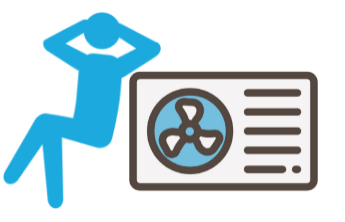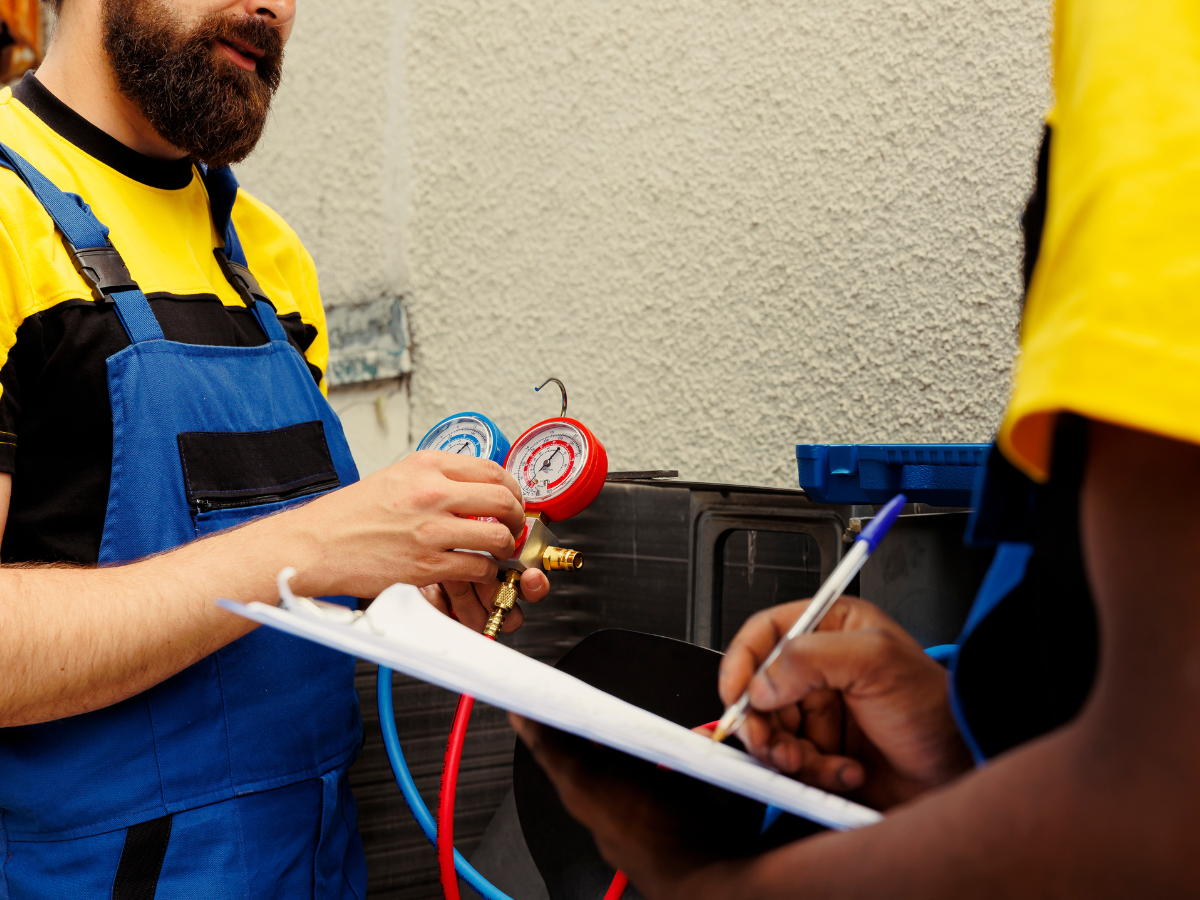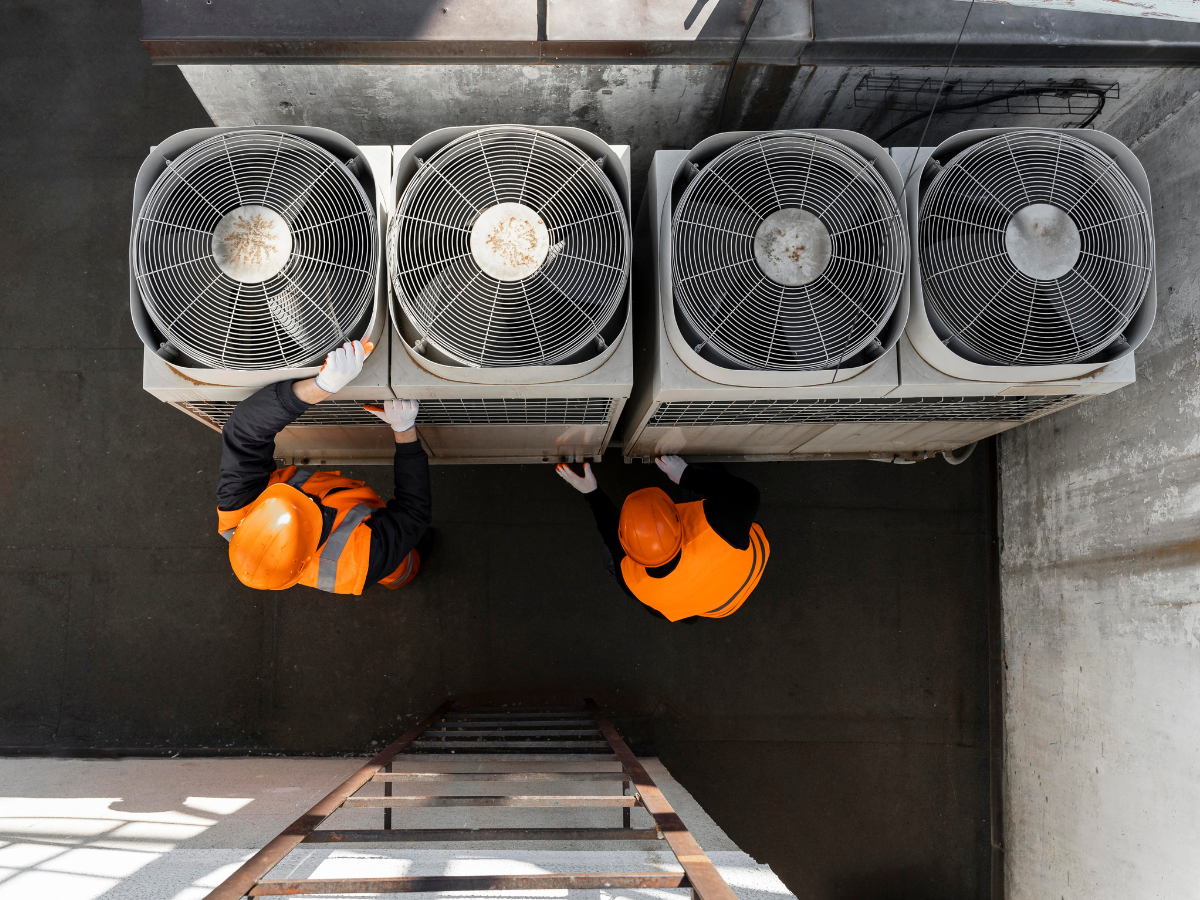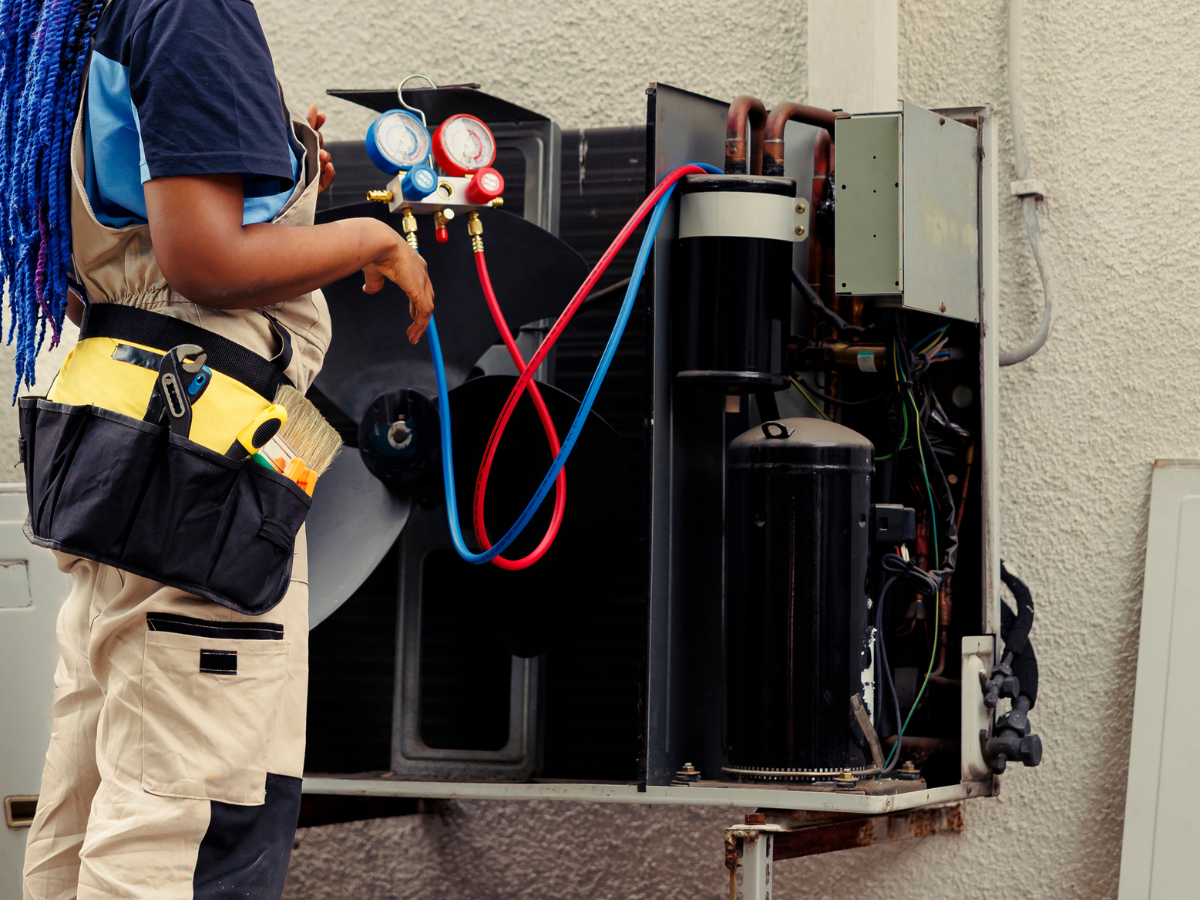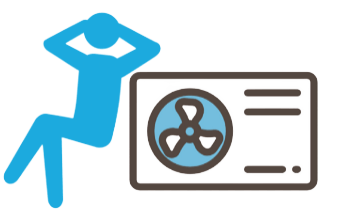What’s the Best Home Heating and Air Conditioning for Homes?
Choosing the right home heating and air conditioning system can feel overwhelming with so many options on the market. Homeowners often wonder which system will balance comfort, efficiency, and budget without sacrificing reliability.
In this guide, you’ll find clear explanations, practical comparisons, and expert insight from Comfort Zone HVAC to help you make a confident decision for your home. Whether you’re replacing an old unit or installing a new one, this guide will walk you through the best choices available today. With the right information, you can invest in a system that delivers comfort for years to come.
Understanding Your Home’s Comfort Needs
- The importance of choosing the right system for comfort and energy bills. The system you select determines how evenly your home stays heated or cooled and how much you spend month to month. A well-matched unit can balance comfort with efficiency, preventing costly energy waste over time.
- Factors that matter: climate, home size, budget, energy efficiency goals. Choosing wisely not only affects your monthly expenses but also impacts long-term system performance and maintenance needs. The right home heating and air conditioning setup can improve indoor air quality, reduce wear on equipment, and keep your home consistently comfortable year-round.
Choosing the Right Home Comfort Solution
Furnaces (Gas, Oil, Electric)
- How they work: Furnaces heat air and distribute it through ductwork to warm the home.
- Best fit: Works well in Whatcom County’s climate for consistent winter heating.
- Considerations: Fuel type affects efficiency and maintenance requirements.
Heat Pumps
- Why popular: Highly efficient and eligible for federal and state incentives.
- Best fit: Moderate climates, with cold-weather models improving performance even in chilly winters.
- Considerations: Can provide both heating and cooling in a single system, reducing the need for separate units.
Ductless Mini-Splits
- Best fit: Older homes or additions without existing ductwork.
- Advantages: Flexible zoning allows customized comfort in each room.
- Considerations: Installation is quick and minimally invasive.
Central Air Conditioning + Furnace Combo
- Best fit: Traditional homes with existing ductwork.
- Advantages: Provides reliable year-round comfort with separate heating and cooling functions.
- Considerations: Modern units offer high efficiency and smart control options.
Hybrid HVAC Systems
- How it works: Combines a gas furnace with an electric heat pump for flexibility.
- Best fit: Homes that want energy savings while maintaining comfort in all seasons.
- Considerations: Automatically adjusts based on efficiency and outdoor conditions.
Geothermal Systems
- How it works: Uses the earth’s stable underground temperature to heat and cool the home.
- Best fit: Homeowners seeking eco-friendly, long-term solutions.
- Considerations: High upfront investment, but energy savings and reliability are substantial over time.
What to Look for in a Home System
- Climate Performance –
Systems should handle cold, damp winters and provide steady cooling in mild summers.
- Home Layout & Age –
Older houses may benefit from ductless units, while newer homes often work best with central HVAC.
- Energy Efficiency –
High-efficiency systems reduce wasted energy and deliver consistent comfort.
- Ease of Maintenance – Some systems need frequent servicing, while others are designed for low upkeep.
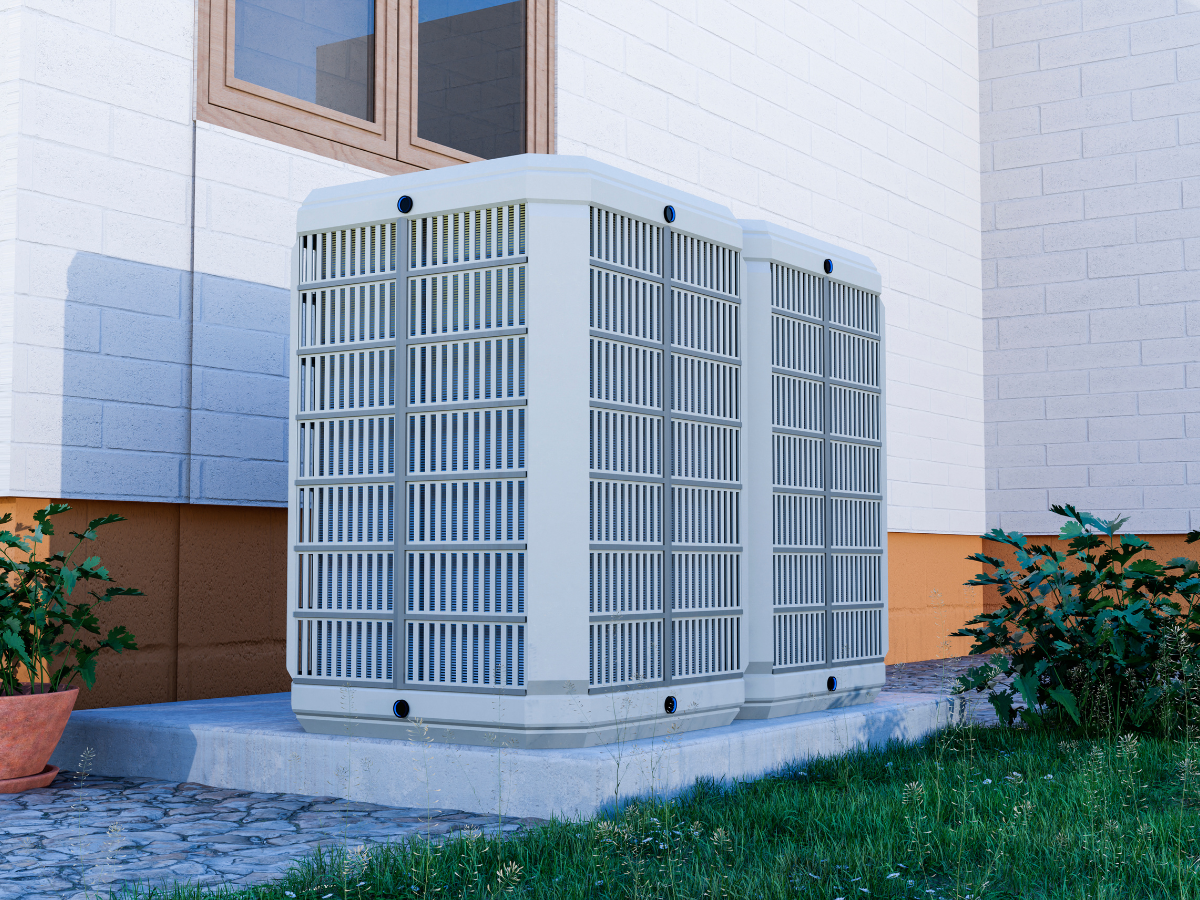
Creating a Healthier and More Comfortable Home
- Enhancement Options: Whole-home
air filtration, balanced ventilation, and humidity control.
- Why It Matters: Cleaner air supports better health, reduces allergens, and helps families feel more comfortable year-round.
These systems also help maintain consistent temperature and humidity levels, enhancing overall indoor comfort. By improving air quality, they create a healthier environment for children, seniors, and anyone with respiratory sensitivities.
How to Choose the Right System for Your Home
Step-by-step guidance:
- Assess Your Home’s Needs – Think about climate, home size, and layout.
- Check Energy Efficiency Ratings – Look for systems that balance performance with lower energy use.
- Consider Maintenance Requirements – Some systems need frequent tune-ups, while others are more hands-off.
- Consult a Professional – An HVAC expert can recommend the best match for long-term comfort.
Choosing carefully helps ensure steady performance throughout the seasons and fewer disruptions to daily life. A well-matched system also supports healthier indoor air quality for the whole family.
Why Choose Professional HVAC Support?
- Local expertise tailored to Whatcom County’s climate needs
- Experienced technicians available when you need them most
- Trusted guidance to help homeowners achieve lasting comfort and efficiency
Choosing the right partner ensures that your system is designed to perform well year after year. Expert guidance also helps maximize efficiency, comfort, and the longevity of your home’s heating and cooling system.
Frequently Asked Questions
1. What is the most efficient home heating and cooling system in 2025?
High-efficiency heat pumps lead the way, offering reliable performance for both heating and cooling. They can significantly reduce energy use while maintaining consistent comfort throughout the home.
2. Can ductless mini-splits heat and cool an entire home?
Yes, modern mini-splits can serve as a whole-home solution, especially for houses without existing ductwork. They also allow for individual room control, which can improve overall energy efficiency.
3. How long does a typical HVAC system last?
Most systems last 15–20 years with regular maintenance, though geothermal systems can last even longer. Proper care, including filter changes and seasonal check-ups, can extend this lifespan further.
4. Do heat pumps work in colder climates like Washington?
Yes, today’s cold-climate heat pumps are designed to perform well even in freezing temperatures. Newer models also maintain efficiency during extreme weather, ensuring reliable heating.
5. How often should HVAC systems be maintained?
At least twice a year once before the cooling season and once before the heating season for optimal efficiency and comfort. Regular maintenance also helps identify small issues before they become costly problems.
Creating Year-Round Comfort at Home
The “best” system will always depend on factors like home size, climate, and long-term comfort goals. With professional guidance, homeowners can find a
home HVAC solution that keeps their spaces efficient and comfortable year-round.
Comfort Zone HVAC is here to help contact us today to schedule your free consultation. The team is committed to providing solutions that fit your lifestyle and deliver lasting comfort.
